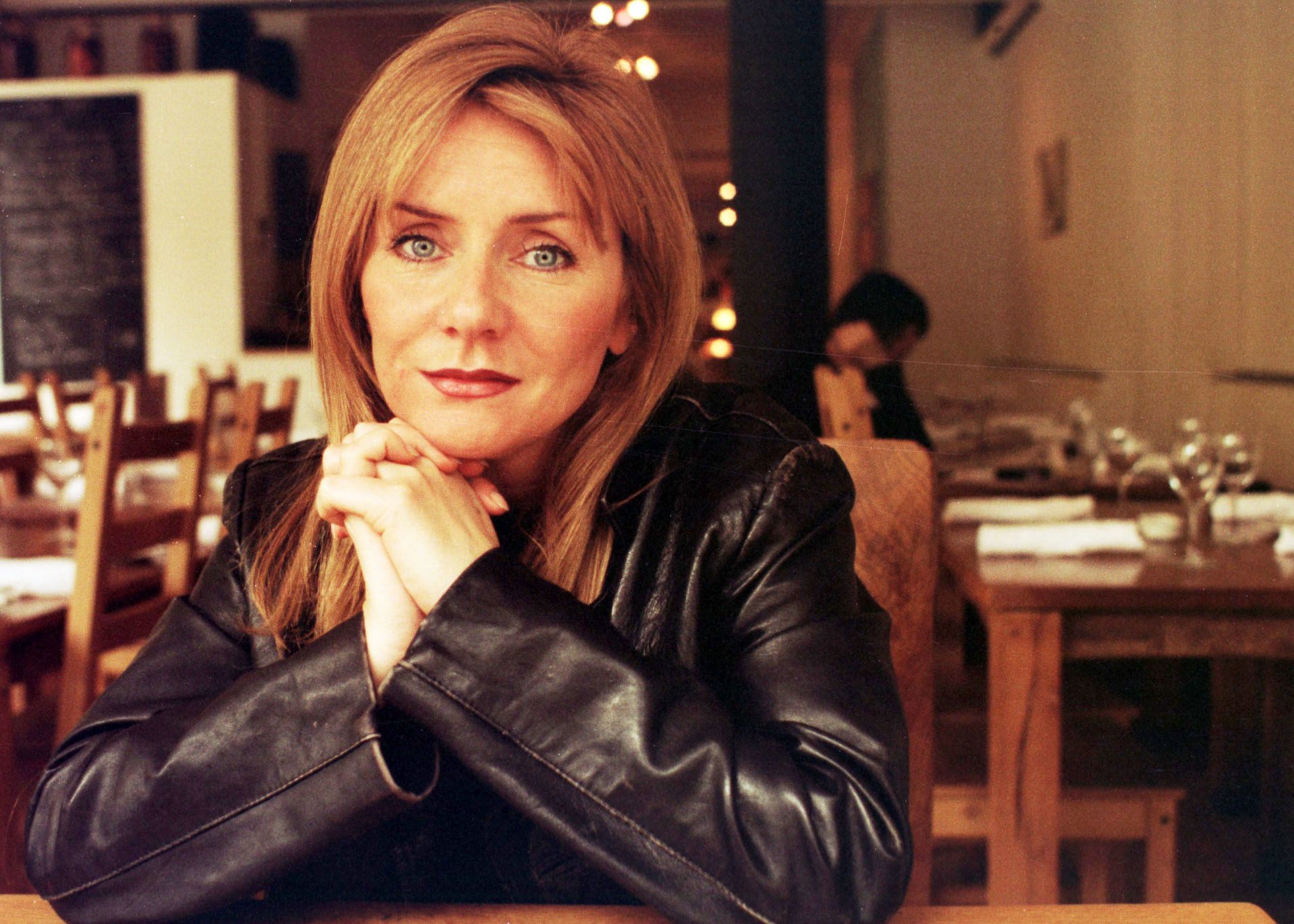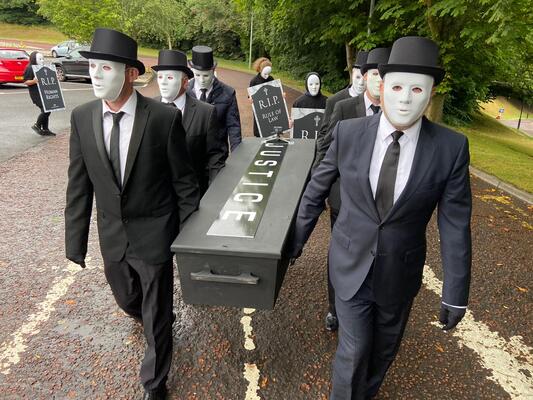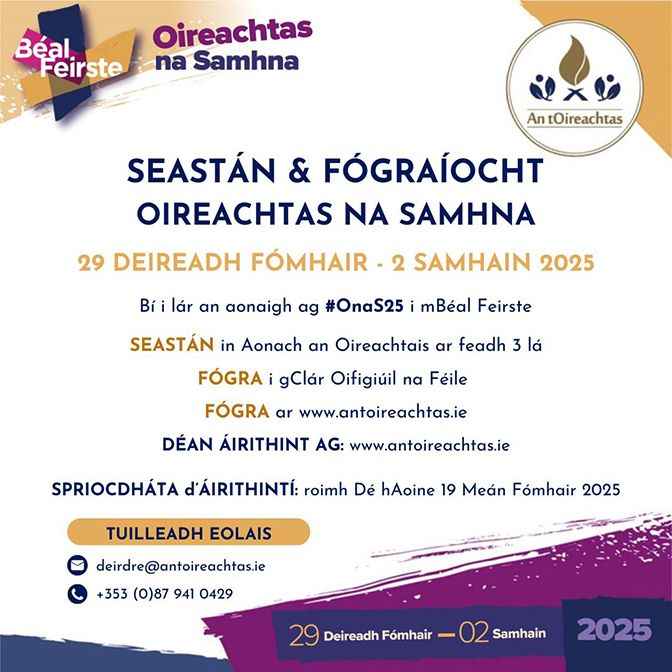IN 2017 then Taoiseach Enda Kenny announced in Philadelphia that the Irish government would work towards a referendum to extend Presidential voting rights to Irish passport holders across the globe. It was a bold move that gained widespread support from many who saw the value of giving the citizens of the North and the international Irish diaspora a meaningful stake in the future of Ireland.
The idea took greater hold as Irish citizenship in the northern six counties was under attack from England’s decision to leave the European Union, and the Good Friday Agreement became potential collateral damage.
Unfortunately, Fianna Fáil wasn’t so enthusiastic. Already seeing their base eroding and fearing that a position held six out of eight times by Fianna Fáil candidates might never again be in their gift, they directed that the proposal be run into the sand. Proving that progress is never in one direction, the latest southern programme for government does not have a commitment to hold this long-promised referendum in the lifetime of this government.
The election for Irish President will happen this autumn, the date that Enda Kenny expected the franchise to be first exercised. However, the vote this year will once again be the preserve of the 26-county electorate. On this side of the border, we will be spectators to the hustle and bustle of the nomination of candidates and the election itself.
It is likely that the election will be a test of the new government – and a test of the opposition. Will Fianna Fáil and Fine Gael agree a joint candidate and allow the morphing of the centre right to become more complete? This is a significant test for Simon Harris, who is seeing a depreciation of his party’s currency by the day. For Mícheál Martin, the test is different. Finding a new, singular, positive narrative for his party is a huge challenge when his focus appears to be more on defeating Sinn Féín rather than promoting a positive message of his own.
But the challenge for Sinn Féin and the opposition is also significant. Sinn Féin is leading a coordinated opposition and it is working for them after a disappointing election at Christmas. The unholy row about opposition speaking rights may well be a storm in a Leinster House teacup, but the harnessing of the talents of Mary Lou McDonald, Ivana Bacik, Cian O’Callaghan and Richard Boyd Barrett under one umbrella augurs well for fundamental change of the state in the future. That all of those parties are on the public record for planning for Irish unity is also worth noting.
One agreed presidential candidate makes sense from their point of view. It puts a vision for the future on the table. It tells the electorate that coherent opposition can deliver after 100-plus years of FF/FG. From Sinn Féin’s point of view it places them at the head of that change.
Senator Frances Black is on the public record saying that some of those parties have already approached her. As a united Irelander, a feminist, an advocate for human rights, in particular in Palestine, and a working-class woman, Frances Black would be hard to match as the perfect opposition candidate. With her roots in County Antrim she would be a border-breaker, like Mary McAleese before her.
Will it be long before we see 'Frances for the Áras' posters on lampposts?






